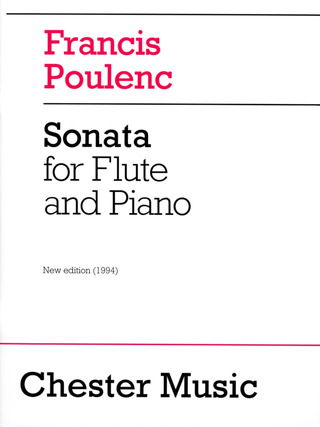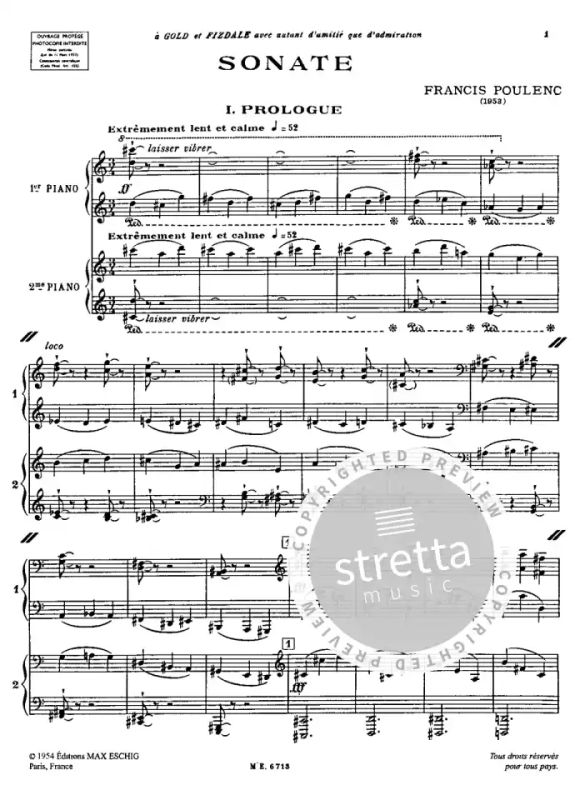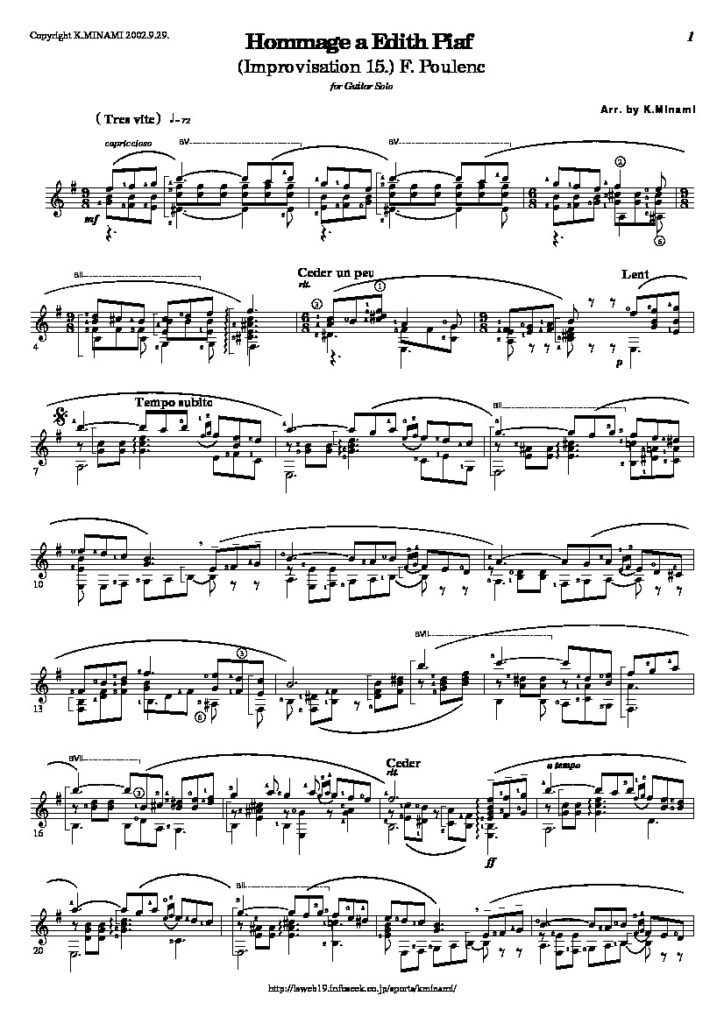

Le Groupe des Six (Auric, Durey, Honegger, Milhaud, Poulenc and Tailleferre) is formed.ġ921 Le Gendarme Incompris, text by Jean Cocteau and Raymond Radiguet, presented in May at the Théâtre Michel.

These three songs on a poem by Cocteau are inspired by the atmosphere of Nogent-sur-Marne - that of fun fairs and open-air dance halls - where Poulenc spends his holidays with family and friends.

Regularly sees Jean Cocteau, Raymond Radiguet, Max Jacob.ġ919 Premiere of Le Bestiaire on poems by Guillaume Apollinaire (with Suzanne Peignot, friend and first interpreter of the composer’s mélodies).ġ920 Cocardes, premiered at the Théâtre des Champs-élysées, enjoys a fine success. Meets Manuel de Falla at the home of Ricardo Viñes.ġ918 First group of compositions, which, with Stravinsky’s help, will be included in the catalogue of the London publisher Chester as of the following year: Toréador, on poems by Jean Cocteau, the Sonata for 2 Clarinets, the Sonata for Piano 4 hands, the three Mouvements perpétuels.

There, the latter, who will have a lasting influence on Poulenc, reads his own poems and in June gives the premiere of Les Mamelles de Tirésias, a work that Poulenc will set to music in the late ‘40s.ġ1 December: first performance of Rapsodie nègre, his first work, for voice (baritone) and instrumental ensemble (flute, clarinet, string quartet and piano).ġ918 Mobilisation in January at Vincennes, then at the War Ministry until 1921. Thanks to his childhood friend Raymonde Linossier (1897-1930), Poulenc discovers the Parisian intellectual and literary milieu: first regular visits to Adrienne Monnier’s bookshop (La Maison des Amis des Livres), located at 7 Rue de l’Odéon, where he will be able to meet Aragon, Breton, Eluard and Apollinaire. Moves in with his sister Jeanne (1887-1974) and her husband, on Rue de Monceau. The young Poulenc also meets Milhaud.ġ917 Death of his father. This is a veritable revelation, and, throughout his whole life, Stravinsky will remain a master whom he admires immensely.ġ914 As his father insists that he do general and studies and not devote himself exclusively to music, Francis Poulenc does not attend the Conservatoire meets Ricardo Viñes, Catalan professor introduced by Geneviève Sienkiewicz.ġ914-17 Viñes teaches him the music of his time - that of Debussy, Stravinsky and Satie - and introduces him to Cocteau, Marcelle Meyer and Satie. His mother, Jenny Royer, is from a family of artisans whose Parisian roots date back several generations.ġ904 Jenny sits the young Francis down at the piano and makes him practice Mozart, Schubert and Chopin as well as fashionable romances, ‘loveable bad music’.ġ911-13 ‘Oncle Papoum’ (Marcel Royer, Jenny’s brother), who frequently attends the Opéra-Comique, light comedies and avant-garde concerts, reveals Petrushka and The Rite of Spring to the young Francis. His father, Emile Poulenc, born in 1855, is an industrialist from the Aveyron region who, with his two brothers, runs a chemical factory. 1899 Birth of Francis Poulenc on 7 January.


 0 kommentar(er)
0 kommentar(er)
